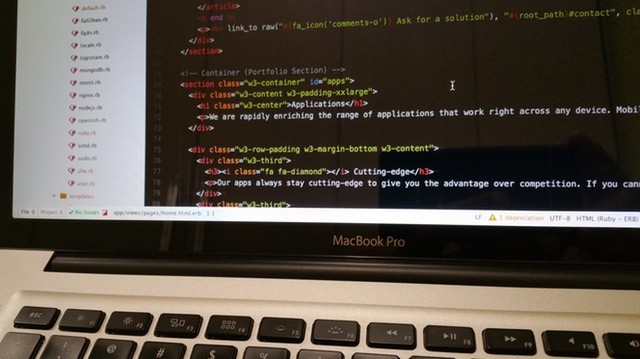Ensuring we keep electronic medical records secure is one of the major challenges that we face when talking to potential customers. Since the Federal government began encouraging health providers and insurance companies to go digital, the need for outsourcing has grown rapidly. Yet there are several myths persisting about the quality of outsourcing and keeping medical records secure.
Record Grabber Was Prepared
We anticipated the move to electronic medical records and prepared for it. Although the expansion has been fast, it has certainly not been a chaotic rush to digitize. Certainly, quality varies amongst our competitors but as a rule, safety and privacy in a digital world is in a much better place because of this greater reliance on digital technology and the Cloud. Our Cloud technology that allows you easy access to necessary files also protects them from the malevolent aspect of the online world.
Record Grabbers Knows the Legal Obligations
We are based in the USA. This means that we are fully up to date on Federal and State regulations and law such as HIPAA. The move from paper storage to digital storage enacted in ARRA forced many organizations into converting their paper to digital storage in-house in a quick time frame. This may have created problems at source – problems that organizations wrongly assume also exist at third-party organizations such as Record Grabber.
Hacking Breaches Aren’t Common
While any security breach of a person’s medical data is a massive concern to everyone involved, it’s important to recognize what a rare occurrence such an event is. Most security breaches are a matter of human error, not errors in the system. Our employees are trained to the highest standards in data protection and in identifying potential security breaches. On top of that, we have some of the highest standards and effective security protocols in the world.
Security Flaws are More Common In-House
As discussed above, the most common security breaches are a result of human error. These problems are not the result of remote hackers working their way in through electronic systems. Instead, it is simple errors including: leaving screens open for anybody to see, failing to lock an electronic device, mislaying electronic devices and insufficient security protocols. The most widely discussed HIPAA breaches have not been record storage and retrieval companies, but hospitals, clinics and others opting to work in-house.









